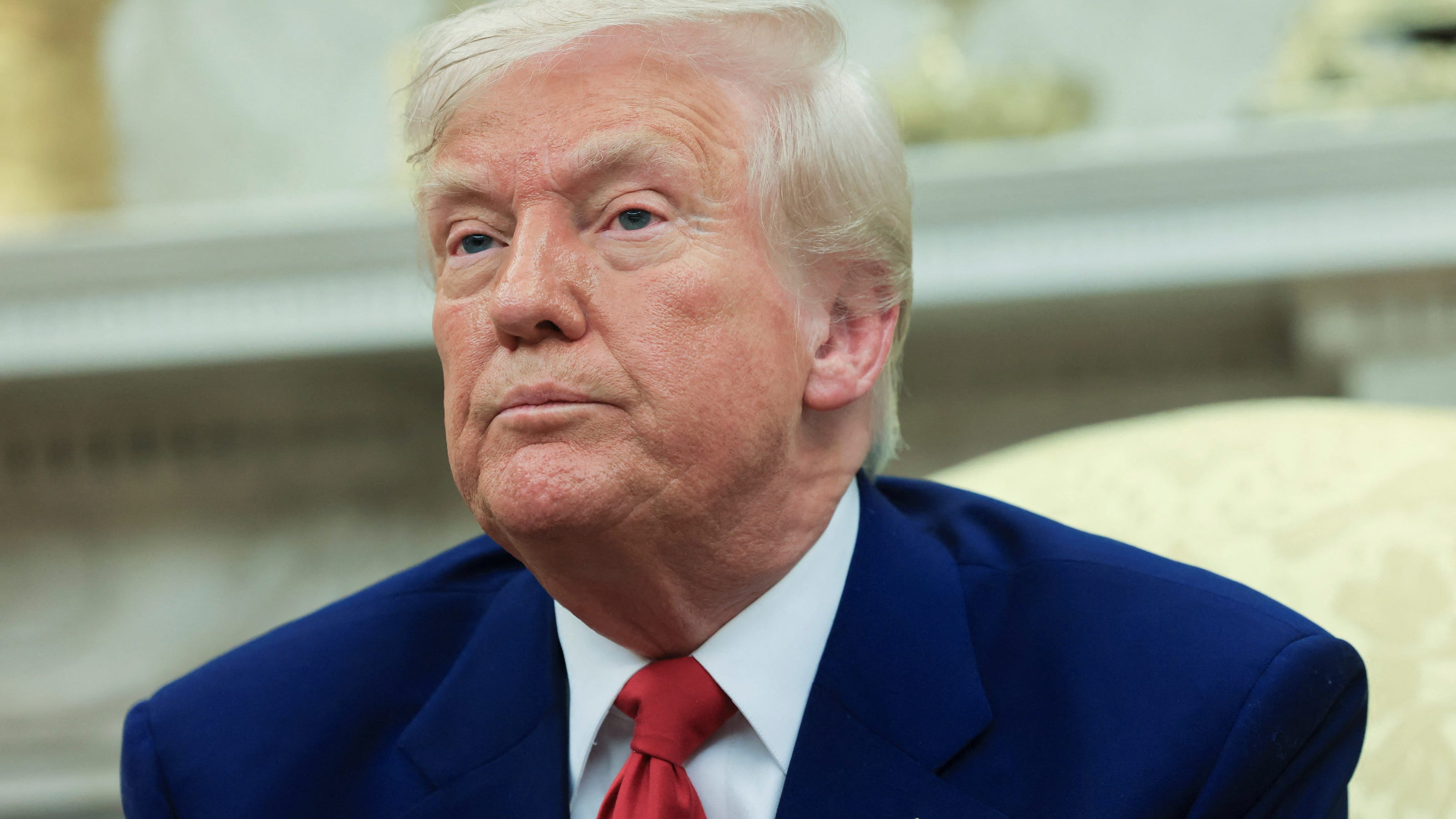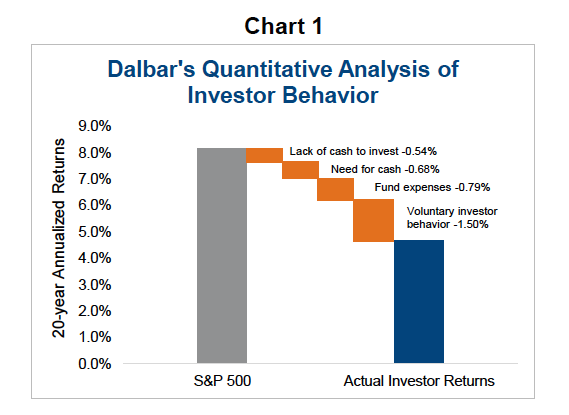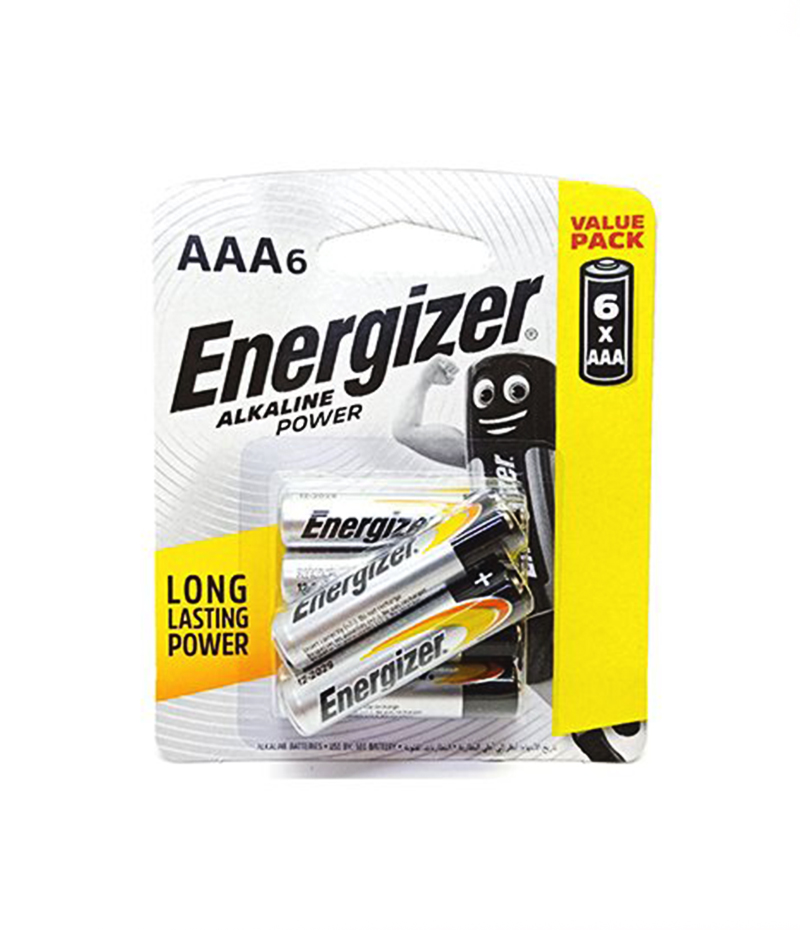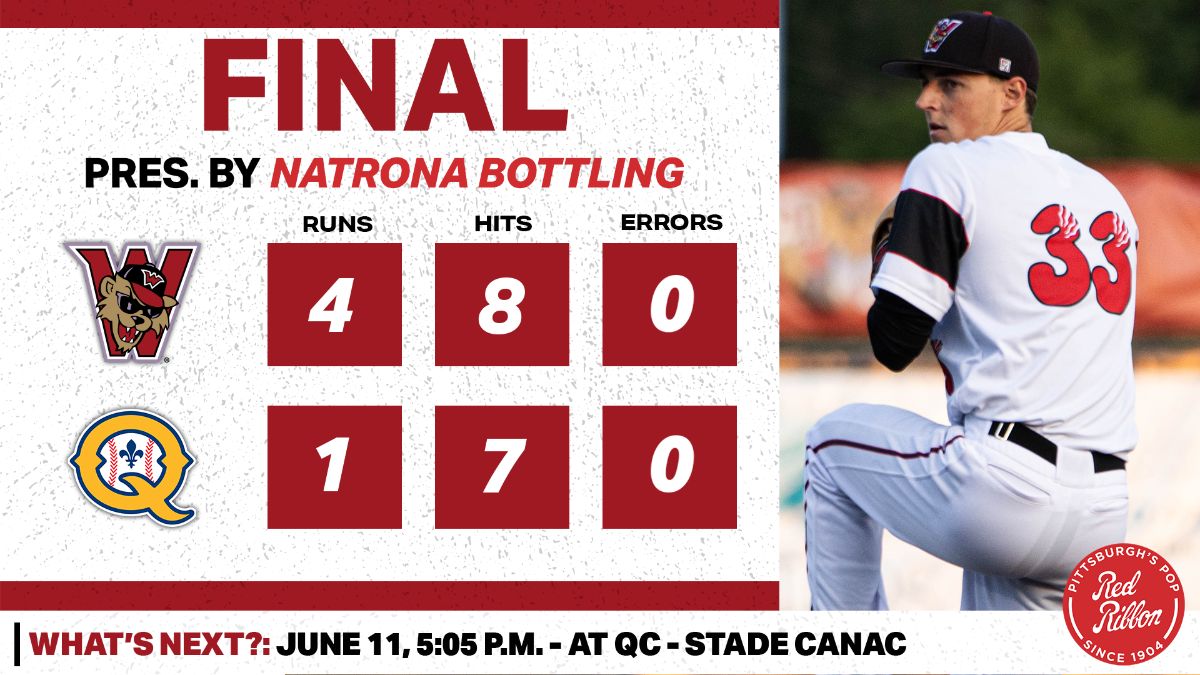U.S.-Iran Nuclear Talks: Stalemate On Key Issues

Table of Contents
Sanctions Relief and Economic Concerns
Iran views comprehensive sanctions relief as a fundamental precondition for any meaningful cooperation on its nuclear program. Years of crippling economic sanctions, targeting key sectors like oil exports and international banking, have severely hampered Iran's economy. Tehran demands the lifting of these sanctions, arguing they are unjust and impede its ability to participate fully in the global economy. The specific sanctions Iran seeks to be lifted include those restricting its oil sales, limiting access to the international financial system (SWIFT), and preventing investment in key industries. The economic benefits Iran anticipates include increased oil revenue, expanded trade opportunities, and access to much-needed foreign investment for infrastructure development and economic diversification.
The U.S., however, expresses concerns about providing broad sanctions relief. There are worries that funds released could be diverted to support Iran's controversial regional activities or its ballistic missile program. Verifying Iranian compliance with any agreement is another significant challenge.
- Specific sanctions targeted: Oil export restrictions, limitations on banking transactions through SWIFT, restrictions on purchasing essential goods and technologies.
- Economic indicators demonstrating the impact of sanctions on Iran: Shrinking GDP, high inflation, unemployment, and limited access to international markets.
- U.S. concerns about verifying Iranian compliance: Lack of transparency in Iran's financial system and past instances of non-compliance with international agreements.
Uranium Enrichment Levels and Nuclear Program Scope
Iran possesses advanced uranium enrichment capabilities, raising concerns within the international community about its nuclear ambitions. While Iran insists its nuclear program is solely for peaceful purposes, such as electricity generation, its enrichment levels are a significant point of contention. The rapid advancement of its enrichment technology, coupled with its opaque nuclear activities, fuels concerns about its potential to rapidly produce fissile material for nuclear weapons.
The U.S. and its allies demand strict limitations on Iran's enrichment levels and enhanced transparency regarding its nuclear activities. They insist on rigorous international monitoring and verification mechanisms to ensure Iran doesn't secretly pursue a nuclear weapons program.
- Current levels of uranium enrichment in Iran: This fluctuates and is a subject of ongoing debate and verification efforts. IAEA reports provide the most up-to-date, albeit often delayed, information.
- International Atomic Energy Agency (IAEA) inspections and verification protocols: The IAEA plays a crucial role in monitoring Iran's nuclear facilities, but access and transparency remain significant challenges.
- The timeline for potential nuclear weapon development based on current enrichment rates: This is a complex calculation dependent on several factors and is subject to ongoing analysis by international intelligence agencies.
Regional Security and Proxy Conflicts
The ongoing regional proxy conflicts, in which Iran is heavily involved, significantly impact the U.S.-Iran nuclear talks. Iran's support for groups like Hezbollah, Hamas, and Houthi rebels in Yemen fuels regional instability and undermines trust between the U.S. and Iran. The U.S. demands that Iran de-escalate regional tensions and cease its support for these groups.
- Examples of Iranian-backed groups and their activities in the region: Hezbollah's influence in Lebanon, Hamas's role in Gaza, and the Houthi rebellion in Yemen.
- U.S. military presence and actions in the region: U.S. military operations and deployments in the Middle East, aimed at countering Iranian influence.
- The impact of regional instability on the nuclear talks: The ongoing conflicts create a climate of mistrust, making it difficult to reach a mutually agreeable solution on the nuclear issue.
Verification and Monitoring Mechanisms
Robust verification and monitoring mechanisms are essential for ensuring Iran's compliance with any agreement reached on its nuclear program. However, reaching a consensus on the scope and nature of these mechanisms presents a major challenge. Disagreements persist on issues such as access to certain sites, the type of technologies to be used for inspections, and the extent of information sharing.
- The role of the IAEA in monitoring Iran's nuclear program: The IAEA provides crucial independent verification, but its access and authority remain subject to ongoing negotiations.
- Specific technologies and techniques used for verification: Satellite imagery, environmental sampling, and on-site inspections using advanced technologies are employed.
- Disagreements over access to certain sites or information: Concerns regarding transparency and potential clandestine activities hinder the establishment of a mutually acceptable verification regime.
Conclusion: The Future of U.S.-Iran Nuclear Talks: A Path Forward?
The U.S.-Iran nuclear talks remain stalled due to significant disagreements on sanctions relief, uranium enrichment levels, regional security concerns, and verification mechanisms. This stalemate carries substantial implications for regional stability and global non-proliferation efforts. The path forward requires a renewed commitment to diplomacy, a willingness to address each party's concerns, and a robust verification framework to ensure compliance. Whether a breakthrough is possible or further deterioration looms remains to be seen. To stay informed about this critical issue and its impact on international relations, follow reputable news sources and engage with expert analyses of the U.S.-Iran nuclear talks. Further reading on the IAEA website and reports from think tanks specializing in Middle Eastern affairs will provide valuable insights into this complex situation.

Featured Posts
-
 Yankees Suffer Setback Devin Williams Implosion Leads To Loss Against Blue Jays
Apr 28, 2025
Yankees Suffer Setback Devin Williams Implosion Leads To Loss Against Blue Jays
Apr 28, 2025 -
 How Middle Management Drives Company Growth And Employee Engagement
Apr 28, 2025
How Middle Management Drives Company Growth And Employee Engagement
Apr 28, 2025 -
 Is This The Antidote To Americas Truck Bloat Problem
Apr 28, 2025
Is This The Antidote To Americas Truck Bloat Problem
Apr 28, 2025 -
 Market Volatility And Investor Behavior A Case Study Of Recent Trends
Apr 28, 2025
Market Volatility And Investor Behavior A Case Study Of Recent Trends
Apr 28, 2025 -
 Long Lasting Power Review Of Kuxius Solid State Power Bank
Apr 28, 2025
Long Lasting Power Review Of Kuxius Solid State Power Bank
Apr 28, 2025
Latest Posts
-
 Yankees Suffer Setback Devin Williams Implosion Leads To Loss Against Blue Jays
Apr 28, 2025
Yankees Suffer Setback Devin Williams Implosion Leads To Loss Against Blue Jays
Apr 28, 2025 -
 Yankees Loss To Blue Jays Devin Williams Another Collapse
Apr 28, 2025
Yankees Loss To Blue Jays Devin Williams Another Collapse
Apr 28, 2025 -
 Devin Williams Implosion Dooms Yankees In Loss To Blue Jays
Apr 28, 2025
Devin Williams Implosion Dooms Yankees In Loss To Blue Jays
Apr 28, 2025 -
 Yankees Stave Off Sweep Rodons Pitching Early Offense Key To Victory
Apr 28, 2025
Yankees Stave Off Sweep Rodons Pitching Early Offense Key To Victory
Apr 28, 2025 -
 Rodons Strong Performance Yankees Offense Secure Win Against Astros
Apr 28, 2025
Rodons Strong Performance Yankees Offense Secure Win Against Astros
Apr 28, 2025
